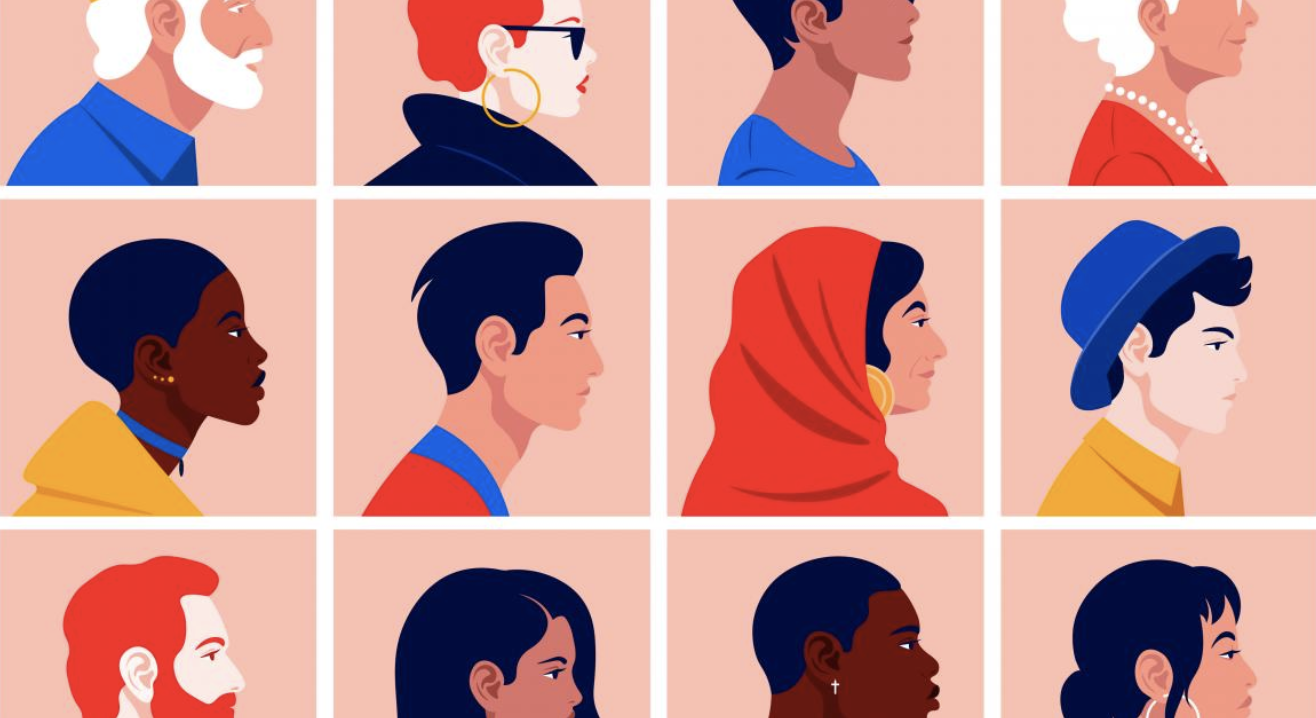
Diversity within universities is becoming of high importance across the United States, which can be seen by an increase in minorities pursuing higher education. In fact, according to the Race and Ethnicity in Higher Education: A Status Report published in 2019, students of color only made up 29.6 percent of undergraduates in 1996, compared to 45.2 percent in 2016.
While the title of this article is an argument that may seem obvious to most, some disagree on the usefulness of diversity, and the means in which it is achieved. Some argue that accepting minorities with lower GPAs rather than their caucasian counterparts with higher ones is unfair and can cause white, lower class students to struggle in achieving higher education (The Sad Irony of Affirmative Action, National Affairs). Another shocking fact is that research has shown that social diversity in group settings can cause a lack of trust, greater conflict, lower communication, more concern about disrespect and more.
So why is diversity so important? And what good comes out of it?
Diversity enhances creativity. The collaboration of individuals from different backgrounds, beliefs and viewpoints encourages the discussion of multiple perspectives, ultimately leading to better decision making and problem solving. Research from the last two decades has led sociologists, economists and organizational scientists to draw to these conclusions. This enhanced level of creativity and outside thinking can be observed through the financial impacts of diversity in the workplace.
In a study conducted in 2003, professors at the University of Texas surveyed executives at 177 national banks across the U.S, then compiled their information and compared their financial performance, racial diversity and innovation. Their conclusion drew a strong correlation between increases in racial diversity having correspondence to enhanced innovation and financial performance.
So what does this mean for universities? Diversity in an education setting is just as important—if not more–for fostering creative thinking. In today’s globalized economy, interaction with students from around the world can provide students with educational benefits such as an understanding of international issues, foreign affairs and cultural expectations. Students who experience more diversity also become better critical thinkers and active listeners (Forbes, 2019). Ultimately, If we hope to live in a world that is continuously progressing—both through cultural acceptance and innovation—diversity plays the main role.
